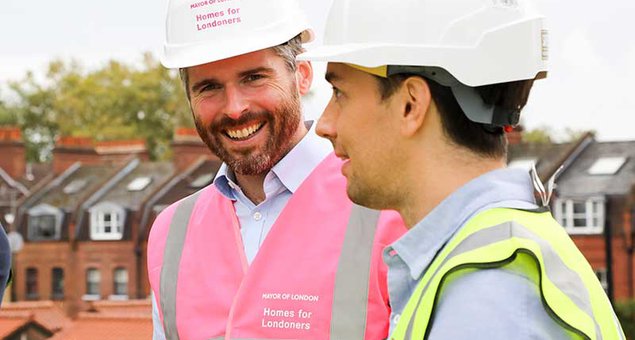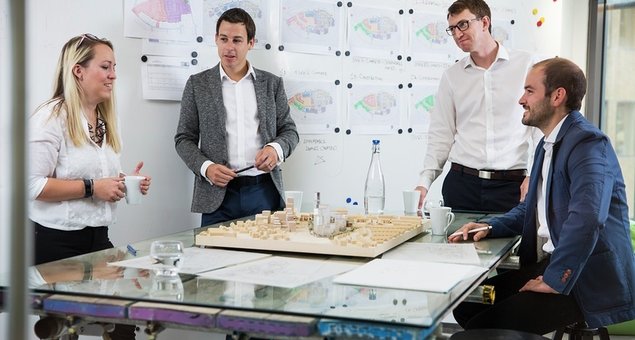

Good growth demands that we do more than just build homes, we need to cast the net wider, integrate with the community and give the step-up people need to build skills for their future.
Killian Hurley
Chief Executive Officer, Mount Anvil
Sound like something you'd benefit from?
Find out what expertise is available to start you on your mentoring journey



